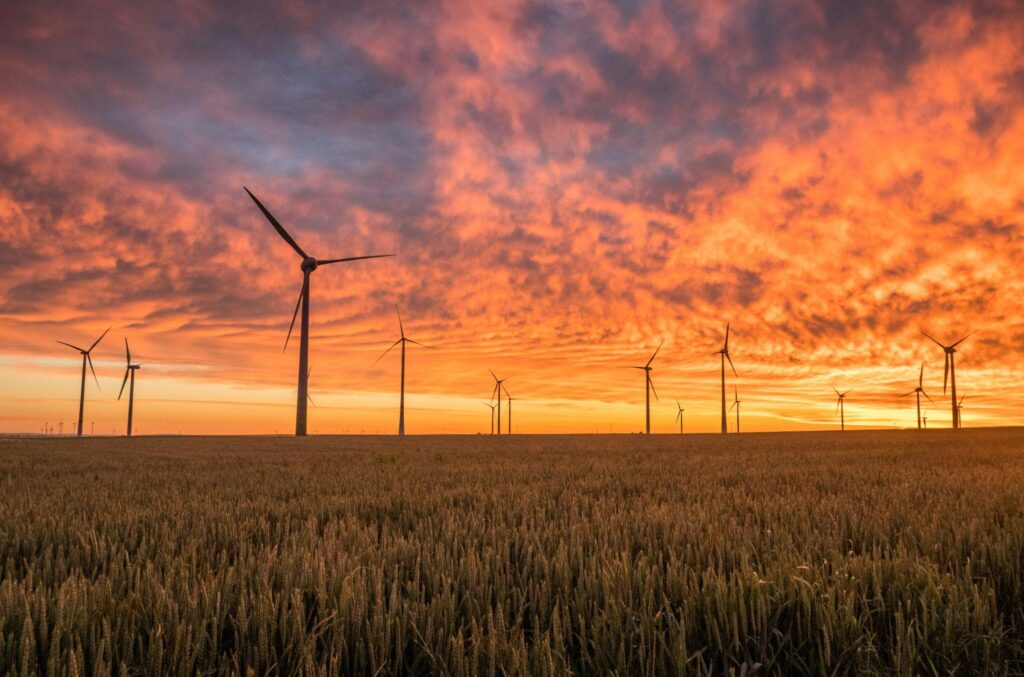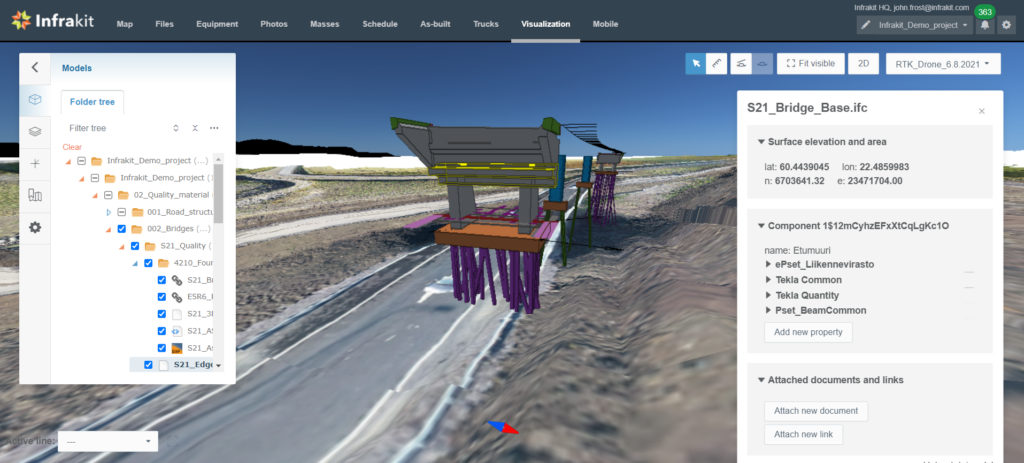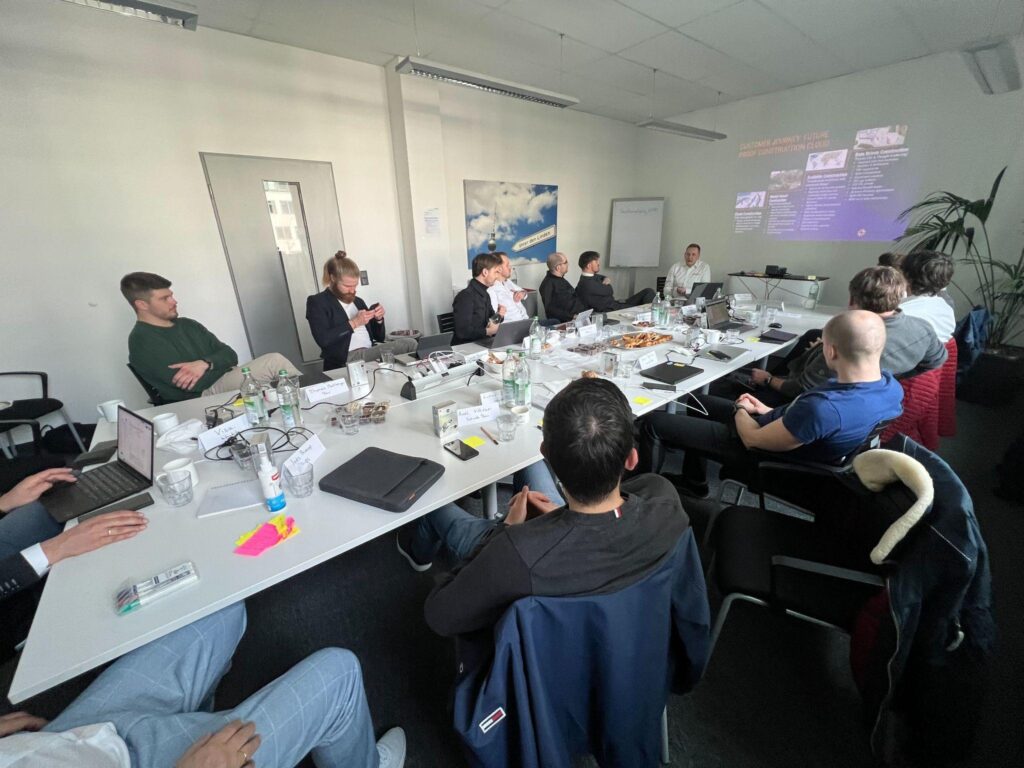The EU Green Deal: Catalyzing Sustainable Infrastructure Construction
The European Union’s Green Deal presents a transformative agenda aimed at reducing net greenhouse gas emissions by at least 55% by 2030, compared to 1990 levels. This ambitious plan carries significant implications and opportunities for the infrastructure construction sector, promoting sustainable practices and green innovation.
Implications for Infrastructure Construction

A key implication of the EU Green Deal for the construction industry is the strict regulatory framework pushing for sustainable development. Enhanced performance standards and deep energy renovations mandated across the continent are set to redefine construction methodologies. The promotion of circular economy principles within the sector means that infrastructure projects must prioritize resource efficiency and waste reduction.
The Green Deal additionally imposes an expectation for the increased use of renewable energies in construction activities, with a long-term view of phasing out carbon-intensive processes. Infrastructure will have to be future-proofed to withstand the effects of climate change, thus emphasizing resilience in design and materials usage.
Opportunities for Advancement
One significant opportunity lies in research, innovation, and the use of green technology. Digital advancements like model-based construction and construction-designed BIM platforms can optimize sustainable performance throughout a project’s life cycle and support compliance with Green Deal criteria.

The Deal’s pledge to mobilize at least €1 trillion in sustainable investments over the next decade offers the construction industry financial impetus. This enables the exploration and scaling-up of new technologies that adhere to the Deal’s ambitious targets. Funding opportunities within the context of the Green Deal can be explored through Europe’s funding and tenders portal.
Public infrastructure projects, under the Green Deal’s agenda, will likely see an increase in initiatives that integrate green spaces, promote biodiversity, and include sustainable transport solutions. The European Green Capital Award is an example of encouraging cities to advance environmentally-friendly urban construction.
Collaboration across borders is another major opportunity, paving the way for sharing best practices and technologies in low-carbon construction techniques. This can be accentuated by frameworks like the European Climate Pact, which encourages a joint effort for climate action.

As Europe strives toward a greener future, construction industries will play a crucial role. The EU Green Deal not only presents complexities but serves as a catalyst for innovation, sustainable growth, and a healthier ecosystem.
Book time with our experts to discover how these solutions can be leveraged for improved efficiency and success in your next construction project.
John Frost
March, 2024

